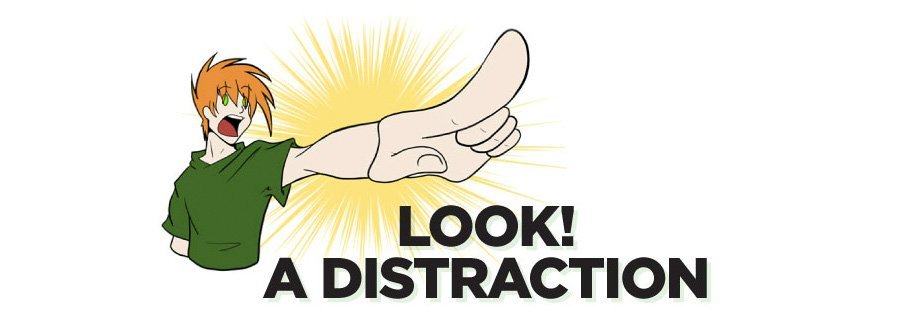We are distracted. We are so distracted, and so accustomed to it, that after a while we almost become distraction. We lose the ability to be still. We fear the quiet. We are intimidated by the moments where there is nothing to look at, nothing to do.
Distraction is one of the costs of life in a digital world. Paul Graham says it well: “Distraction is not a static obstacle that you avoid like you might avoid a rock in the road. Distraction seeks you out.” We surround ourselves with devices that bring us so many good gifts, but even these good gifts exact a cost—the cost of distraction. The iPad that allows me to read the Bible anytime and anywhere also barges into my devotional life with notifications and alerts. The phone that allows me to stay in touch with my family while they are far away also wakes me at night with its buzzes and flashes. It giveth with one hand and taketh away with the other.
We are learning. We are learning the costs so that we might also learn the solutions. Here are three of the costs of all of this distraction.
Shallow Living
If we are unable to think deep thoughts, we will be unable to live deep lives.
Distraction leads to shallow thinking, and shallow thinking leads to shallow living. All of this distraction prevents us from thinking deeply. No sooner does the mind press in on a problem and begin to turn it over and examine it and search for a solution, than there is a beep or a buzz or another interruption. If we are unable to think deep thoughts, we will be unable to live deep lives. The best-lived life is the life that flows from deep contemplation, and especially deep contemplation of the deepest truths. Distraction is the enemy of the best kind of life.
Shallow Doing
Distraction leads to procrastination, and procrastination leads to discontentment. Many of our distractions are gladly received. We want them, we welcome them, we miss them when they have been absent for too long. When they don’t come, we go looking for them, mindlessly typing f-a-c-e-b-o-o-k into our browser, hoping for something, anything, to amuse. An hour passes. Two. And we have accomplished none of what we desired, none of what we had set out to do. As distraction increases, productivity declines, and we become discontent with what we have accomplished. Distraction is the enemy of the best kind of productivity.
Shallow Loving
Distraction leads to shallow communication, and shallow communication leads to shallow relationships. Our distraction prevents us from deep engagement with other people. We are always just one beep or one more buzz away from disengaging from a conversation and turning our attention to that text message, that email, that notification. Relationships thrive on deep communication; relationships flounder on trite and inattentive communication. Distraction is the enemy of the best kind of relationships.
The costs lead us to the solutions, and those solutions are so very simple: Take control! Our devices and new technologies have only as much authority in our lives as we allow them. Determine how much authority your device will have, and force it to live within appropriate boundaries. If you don’t own your tools, they will own you.










